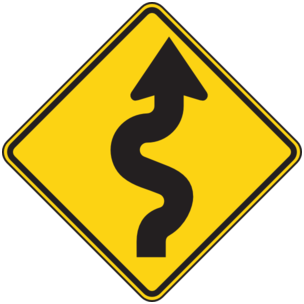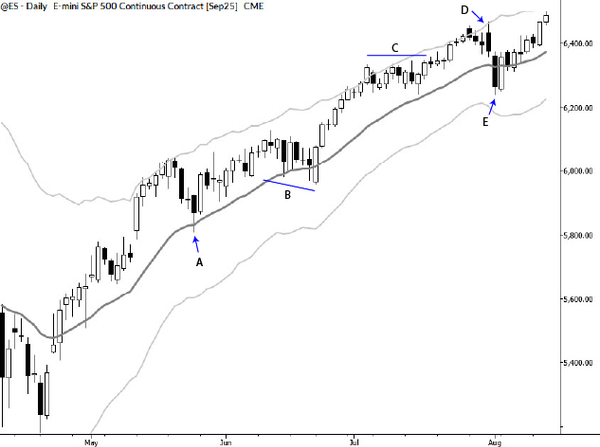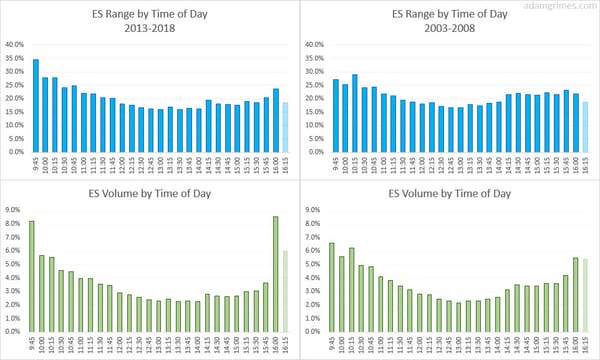The Road to Mastery
A look at the stages a trader may go through on the road to mastery.
[dc]A[/dc]n excerpt from my book, The Art & Science of Technical Analysis:

The challenges of becoming a trader are similar in many ways to those faced by doctors, lawyers, or engineers in that a period of education is followed by a grueling period of apprenticeship and on-the-job training. Many people give up and fail at some point in the process and move to other careers, but some make it through and become competent. Fewer still achieve real mastery and rise to the top of their profession—the elite in any discipline are rare.
In the interest of moderating expectations, it might be useful to lay out a rough road map of the typical path of trader development:
- Pretrader. Everything is new at this stage, and everything is difficult. This is the point where the trader is learning the very basics of charting and of market structure and is also just starting to explore the marketplace.
- Novice trader. At this stage, traders are not trading to make money; they are trading for experience and to begin to deal with the emotional challenges of trading. One of the main signs of progress in this stage is that the trader will start lose money more slowly than before—still losing, but losing less often and less consistently.
- Early competent trader. The first step toward making money is to stop losing money. A trader whose wins and losses balance out (before commissions) has taken the first steps to competence. (At this stage, the trader is still losing money due to transaction costs and other fees.)
- Competent trader. The first stage of real competence is achieved when the trader is able to cover transaction costs with trading profits. Reaching this stage may take a year and a half to two years, or more. Consider this carefully—two years into the journey a realistic expectation is to finally have accomplished the goal of being able to pay for your transaction costs. This may not seem like much, but very few individual traders ever survive to this stage.
- Proficient trader. Here the trader starts making money. Errors and mistakes are far less frequent, but, when they do happen, they are corrected and reviewed, and the lessons are quickly assimilated. The trader has been exposed to the stressors of trading so many times that they have now lost most of their emotional charge and is able to approach the markets in an open, receptive state. As competence grows, the trader can look to manage more money; developing the skills of trading larger size and risk becomes a focus.
- Experienced trader. It is difficult to imagine a trader becoming a true veteran without living through a complete bull/bear market cycle—about a decade in most cases. This trader has finally seen it all and has also become cognizant of the unknown and unknowable risks that accompany all market activity. It is possible for developing traders to gain much of this veteran trader's knowledge through study at earlier stages of development, but there is no substitute for experience and seeing events unfold in the market in real time.



